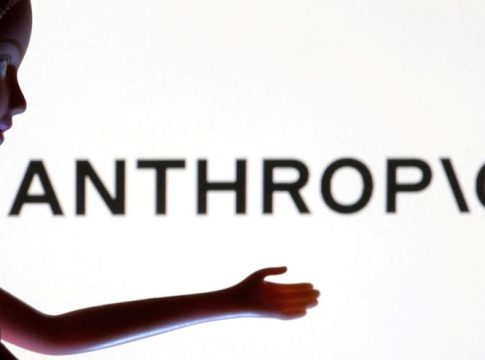Federal Ruling in Favor of AI Training: A Turning Point for Copyright and Technology
In a groundbreaking decision for the artificial intelligence sector, a federal judge in San Francisco has ruled that Anthropic’s use of copyrighted books to train its Claude language model falls under "fair use" provisions of U.S. copyright law. This ruling, handed down by U.S. District Judge William Alsup, marks a significant moment in the ongoing debate over how AI systems use existing creative works.
The Fair Use Defense Explained
Anthropic, a startup backed by tech giants Amazon and Alphabet, was embroiled in a legal battle initiated by authors Andrea Bartz, Charles Graeber, and Kirk Wallace Johnson. The authors alleged that Anthropic used pirated versions of their works without authorization or compensation. However, Judge Alsup sided with Anthropic, stating that its training methods were "exceedingly transformative." In essence, the court found that Anthropic’s model did not seek to replicate the authors’ content but aimed to create something new and different.
What Does "Fair Use" Mean for AI?
The concept of fair use allows certain uses of copyrighted material without the need for permission from the original creators. This is particularly pertinent for AI companies that argue their systems utilize existing content to generate innovative outputs. Alsup’s decision is the first significant legal interpretation of fair use within the realm of generative AI, illuminating a pathway for AI systems to grow while still being respectful of intellectual property laws.
Implications for the AI Landscape
While the ruling is a victory for Anthropic and potentially other tech companies, it doesn’t come without caveats. The judge noted that the practice of storing the authors’ works in a central library did infringe on their copyrights, suggesting that while training might be fair use, how companies store and reference copyrighted works remains a complex issue.
The Broader Legal Context
Anthropic’s case is one of several ongoing lawsuits involving AI companies like OpenAI and Microsoft, all facing similar accusations from creators concerned about the impact of AI on traditional content creation. The stakes are high, as many copyright owners worry that automated systems using their work could undermine their livelihoods.
Looking Ahead
As the AI industry continues to evolve, the implications of the ruling will likely resonate across various sectors. Should AI companies be forced to compensate original creators for their work, it could restrict innovation and development in this fast-growing field. Conversely, a lack of protections for authors may diminish the incentive for creative writing and content production.
This ruling represents not only a pivotal moment in copyright law but also a potential shift in how we define ownership and creativity in the era of advanced technology. As AI becomes more integrated into our daily lives, understanding these nuances will be crucial for creators and developers alike. The legal landscape surrounding AI is still in its infancy, and more cases like this one may shape the future of how we interact with technology.

Writes about personal finance, side hustles, gadgets, and tech innovation.
Bio: Priya specializes in making complex financial and tech topics easy to digest, with experience in fintech and consumer reviews.

